Amnesty International and the Russian LGBT Network denounce new purge and clear violation of the fundamental human rights of this group by Chechen government.
In 2017 saw an international bid to denounce a campaign of persecution against LGBTI persons by the Chechen government. At that time, they were denouncing the persecution of dozens of persons accused of being homosexual as well as the creation of a concentration camp for gay men in the town of Argun, in and old military complex.
The international denunciation and solidarity with the LGBTI movement in Chechnya, although the government denied any persecution, put an end to this persecution, although responsibilities were not clarified.
Now, Amnesty International and the Russian LGBT Network denounce a new purge in this group and clear violations of fundamental human rights of this group by the Chechen government. Reports include arbitrary detentions and ill treatment to more than 40 persons and at least two persons died due to torture. Back in 2017 the main target was gay men, but now the attack also affects women and the tortures are tougher and crueller, taking place at the same military complex as in 2017, in Argun.
The Chechen government has once again denied the detentions and torture stating that “there are no gays” in Chechnya, a statement that was already made in 2017. The Russian LGBT Network received the first reports of this new attack last December and has been able to prove these detentions and torture cases. According to this same source, the first detention was that of the administrator of a group on the social media “VKontakte”, a space for gay men in the northern Caucasus to communicate.
The president of the Federal Subject of Russia is Razman Kadirov, an ally and follower of Vladimir Putin who openly expresses his LGBTI-phobia. He has been accused by several Russian and international organizations, including the OSCE – Organization for Security and Co-operation in Europe – of constant human rights violations and political repression against dissidents. Reports include harassment, persecution, arbitrary detentions, torture and even extrajudicial killings of LGBTI persons, persons suspected to use drugs and teenagers, in a climate defined by the OSCE as one of “intimidation that has increased such an extent that almost nobody in Chechnya fells free to talk about the problem of human rights”.
The Russian LGBT Network has helped around 150 people in Chechnya in recent years to escape, but the Chechen authorities are stopping them from leaving. The only official Russian reaction was a statement made by the press secretary for the Russian president, Dmitry Peskov, saying they would examine the OSCE report on serious human rights violations in Chechnya, drafted by the professor in international law Wolfgang Benedek.
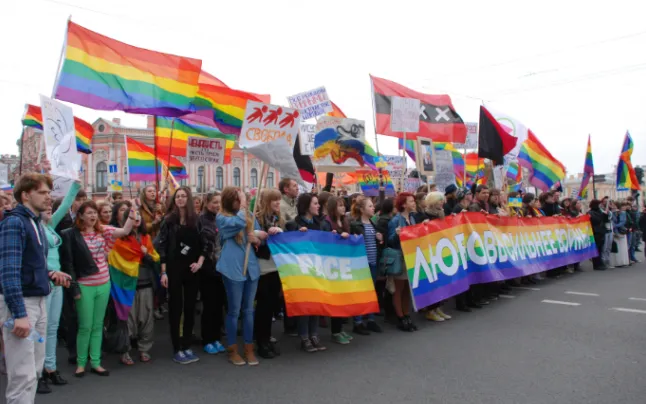


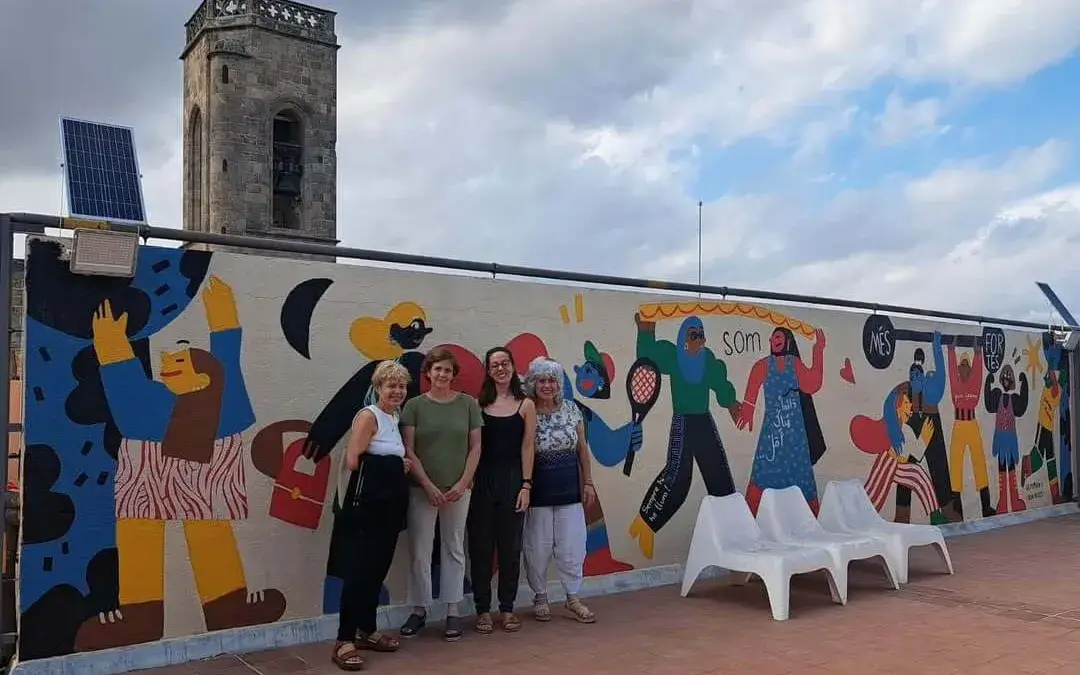
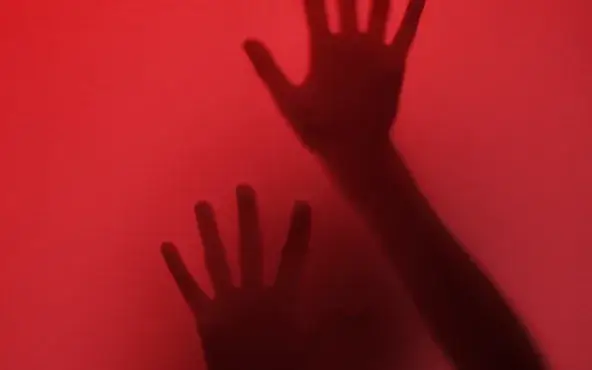
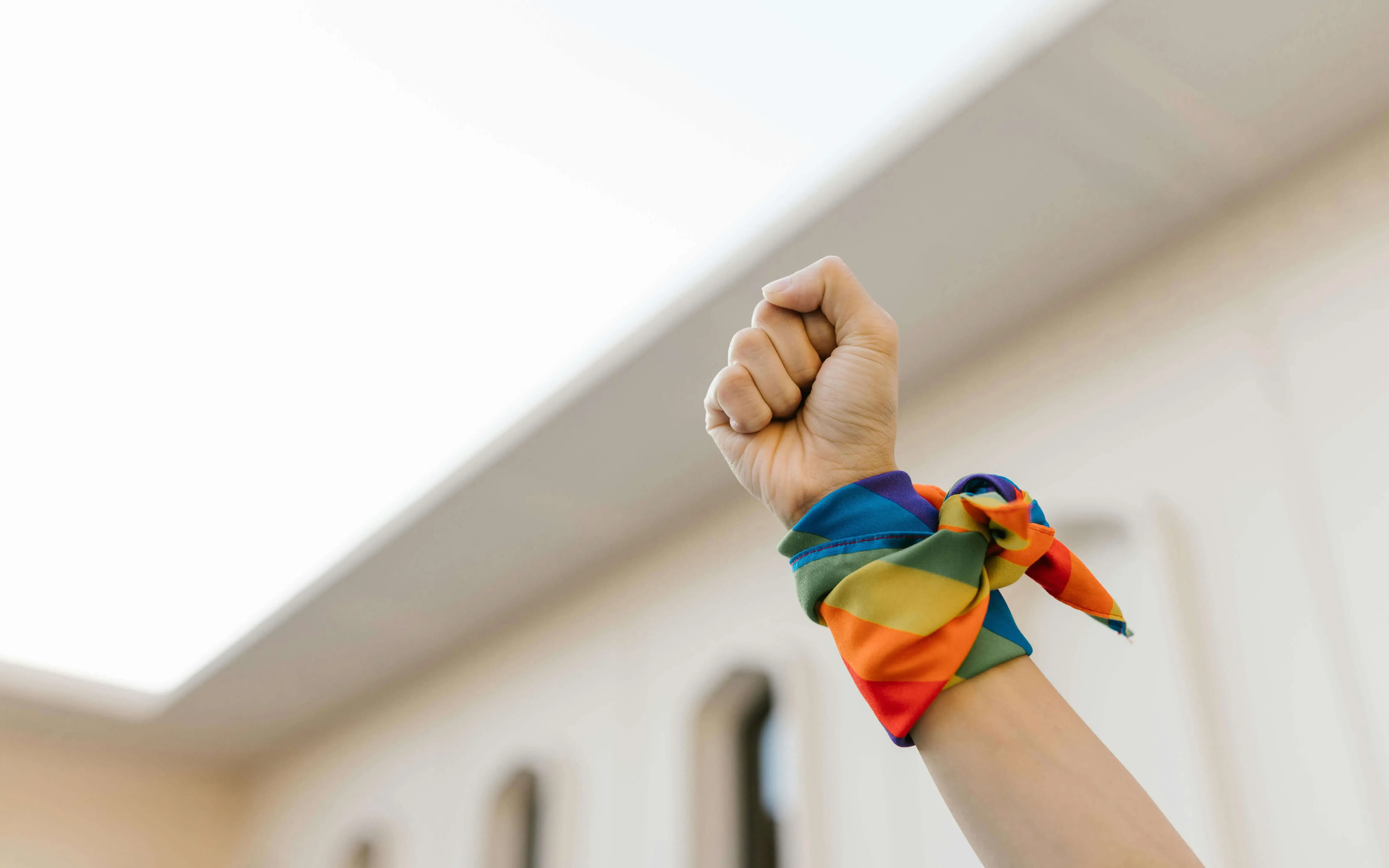
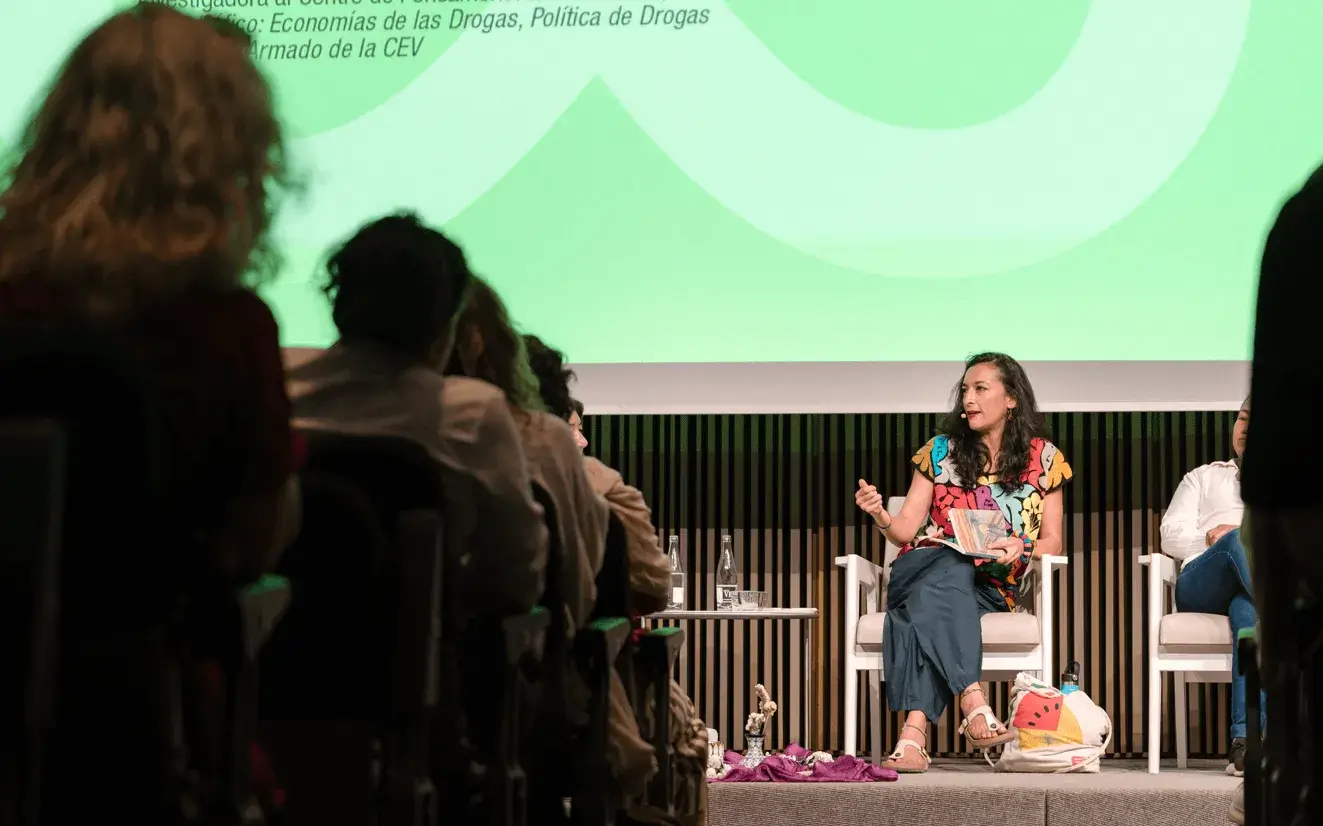
Add new comment